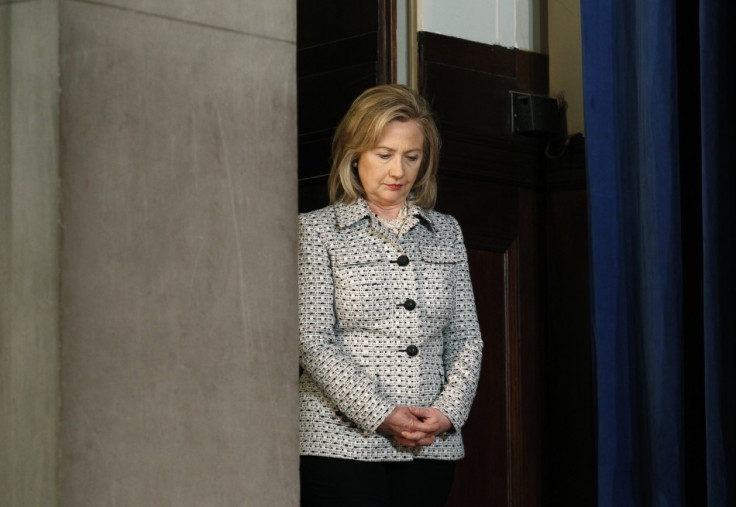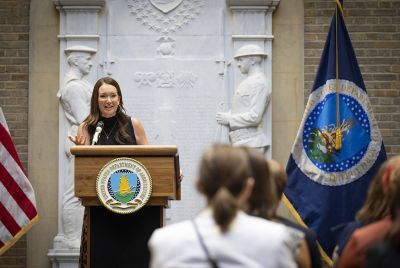Hillary Clinton says Assad has lost legitimacy

U.S Secretary of State Hillary Clinton said Syrian President Bashar al-Assad has lost the legitimacy to rule after pro-government demonstrators stormed Washington's embassy in Damascus.
US officials were angered by what they described a violent and orchestrated attack.
Following the visit of both the French and the U.S ambassador to the town of Hama to support the opposition and witness one of the largest anti-government demonstrations since the uprising began, regime supporters hurled rocks, smashed windows and tore down the US flag at the embassy.
''From our perspective, he has lost legitimacy,'' Mrs Clinton said, marking the first time the United States has called into question the validity of the Syrian leader.
''President Assad is not indispensable, and we have absolutely nothing invested in him remaining in power.''
While Assad is now clearly not in the U.S government good books, the embassy attack also proves that American diplomats need to remain cautious while in Syria.
The appointment of Robert Ford as US ambassador last year marked the first time since 2005 that the US had filled the post, part of the Obama administration's effort to improve relations, which are now beyond repair.
Several hundred demonstrators waving portraits of Mr Assad converged on the US and French embassies to protest against the visits on Friday by the US and French ambassadors to the town of Hama.
Following the attack on the embassies, Mr Ford took to Facebook to deliver a blistering attack on the Assad regime, a move unusual for the politician who had abstained from using social networks to put his message across.
According to one US State Department official, the demonstrations were staged after a program broadcast, which actively encouraged and urged Syrians to express their anger at the ambassadors' visits to Hama.
The programme was broadcasted by the private pro-government al-Dunia television network, owned by Rami Makhlouf, who is Mr Assad's tycoon cousin.
Talking about the protests, a US embassy official said that demonstrators arrived in buses and that Syrian security forces normally assigned to guard the perimeter of the embassy compound were slow to respond to appeals for help.
Once the protesters were inside the grounds, marines confronted them, forcing them to flee.
The attack on the French embassy, a few blocks away, seemed to be even more violent. The protesters not only hurled rocks and tomatoes, but also destroyed an embassy vehicle and used a battering ram to try to break through a garage door, with French officials claiming that at least three embassy guards were wounded in the melee.
US officials acknowledged that the attack had exposed flaws in security at the embassy, which is located in a very busy area but is protected only by a fence. ''We're obviously looking at other measures that we can take to beef up security,'' said State Department spokeswoman Victoria Nuland.
© Copyright IBTimes 2025. All rights reserved.




















